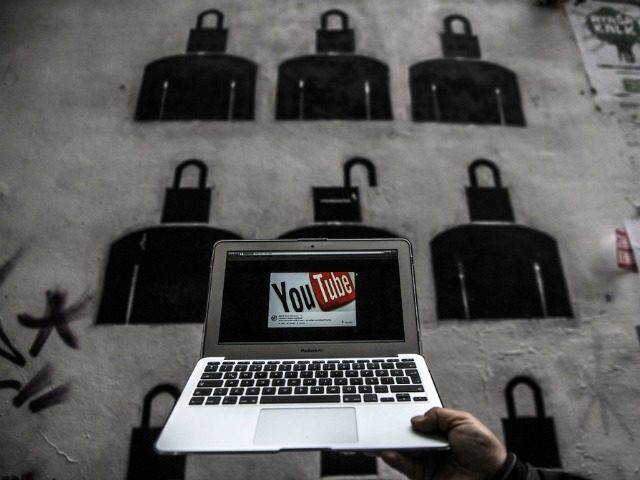The British Government has pulled all advertising from YouTube over concerns that their adverts were appearing on “inappropriate” videos. The BBC, the Guardian and Channel 4 also backed out of YouTube advertising over similar worries.
The Cabinet Office said that while digital platforms are a very “cost-effective” way of ensuring their message reaches a large section of the population, taxpayer-funded institutions require a high standard of quality control, especially when it came to political content. A Times investigation revealed that extremist groups are making money off of government advertisements, including military recruitment and blood donation drives, forcing the Cabinet Office to impose a temporary restriction on all advertising and summon Google for talks about their hosted content.
“Google is responsible for ensuring the high standards applied to government advertising are adhered to and that adverts do not appear alongside inappropriate content,” a government spokesman said. “We have placed a temporary restriction on our YouTube advertising pending reassurances from Google that government messages can be delivered in a safe and appropriate way.”
Channel 4 and the Guardian both released statements also confirming their removal of advertising from YouTube. Dan Brooke, Channel 4’s chief marketing and communications officer said that Channel 3 advertising “being placed alongside highly offensive material… is a direct contravention of assurances our media buying agency had received on our behalf from YouTube.” David Pemsel, the Guardian’s chief executive, said that the situation was “completely unacceptable,” with the media group also removing advertising from Google as well.
Google responded by acknowledging that their system isn’t perfect, but that it would strive to “do better” in future:
We have strict guidelines that define where Google ads should appear… in the vast majority of cases, our policies work as intended, protecting users and advertisers from harmful or inappropriate content. We accept that we don’t always get it right and that sometimes, ads appear where they should not… we will make changes to our policies and brand controls for advertisers.
This comes only a few days after regional executives from Facebook, Google and Twitter were summoned to the Home Affairs Select Committee for not being tough enough on “hate speech” on their platforms. After hearing about the aforementioned YouTube advertising process, Labour MP David Winnick told Google that allowing extremist groups to make a profit on their site was akin to “commercial prostitution.”
Jack Hadfield is a student at the University of Warwick and a regular contributor to Breitbart Tech. You can follow him on Twitter @ToryBastard_ or on Gab @JH.

COMMENTS
Please let us know if you're having issues with commenting.